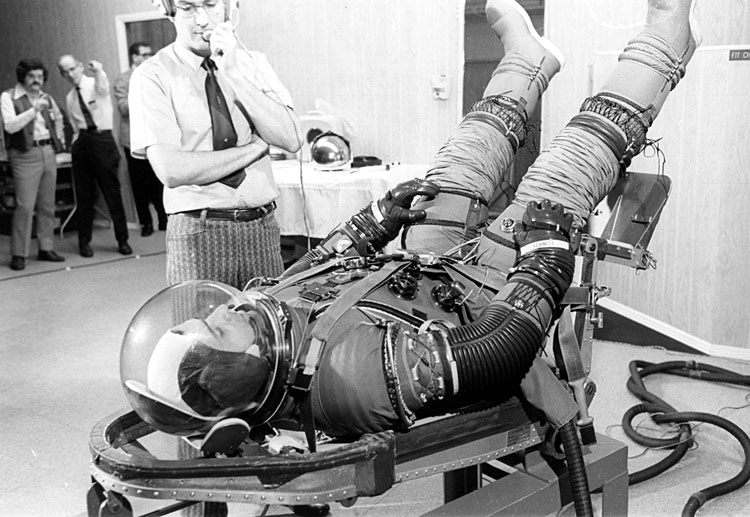One of the most fun pieces ever from the old-school Holiday magazine centered on very far-flung travel. It was Arthur C. Clarke’s 1953 prognostication of Mars as residential address and pleasure destination. An excerpt:
So you’re going to Mars? That’s still quite an adventure—though I suppose that in another ten years no one will think twice about it. Sometimes it’s hard to remember that the first ships reached Mars scarcely more than half a century ago, and that our settlement on the planet is less than thirty years old.
You’ve probably read all the forms and literature they gave you at the Department of Extraterrestrial Affairs. But here are some additional pointers and background information that may make your trip more enjoyable. I won’t say it’s right up to date—things change so rapidly, and it’s a year since I got back from Mars myself—but on the whole you’ll find it pretty reliable.
Presumably you’re going just for curiosity and excitement; you want to see what life is like out on the new frontier. It’s only fair, therefore, to point out that must of your fellow passengers will he engineers, scientists or administrators traveling to Mars— some of them not for the first time—because they have a job to do. So whatever your achievements are here on Earth, it’s advisable not to talk too much about them, for you’ll be among people who’ve had to tackle much tougher problems.
If you haven’t booked your passage yet, remember that the cost of the ticket varies considerably according to the relative positions of Mars and Earth. That’s a complication we don’t have to worry about when we’re traveling from country to country on our own planet, but Mars can be seven times farther away at one time than at another. Oddly enough, the shortest trips are the most expensive, since they involve the greatest changes of speed as you hop from one orbit to the other. And in space, speed, not distance, is what costs money.
The most economical routes go halfway around the Sun and take eight months, but as no one wants to spend that long in space they’re used only by robot-piloted freighters. At the other extreme are the little super-speed mail ships, which sometimes do the trip in a month. The fastest liners take two or three times as long as this.
Whether you’re taking the bargain $30,000 round trip or one of the de luxe passages, I don’t know. But you must be O.S. physically. The physical strain involved in space flight is negligible, but you’ll be spending at least two months on the trip, and it would be a pity if your appendix started to misbehave.•

